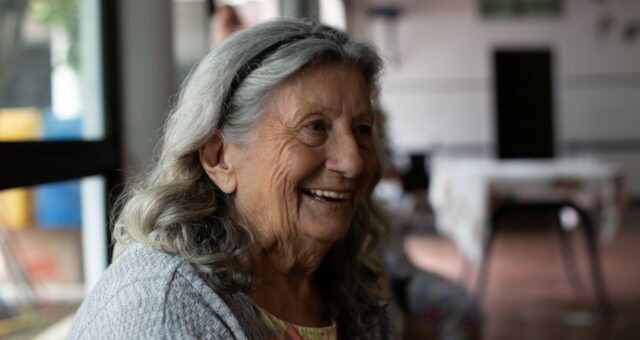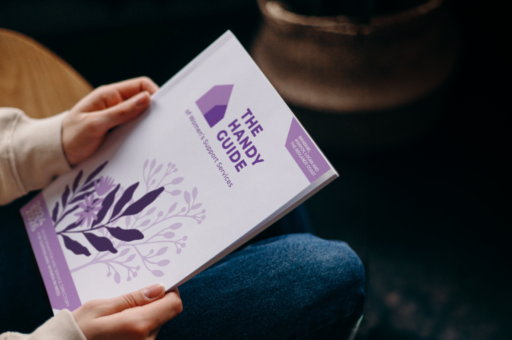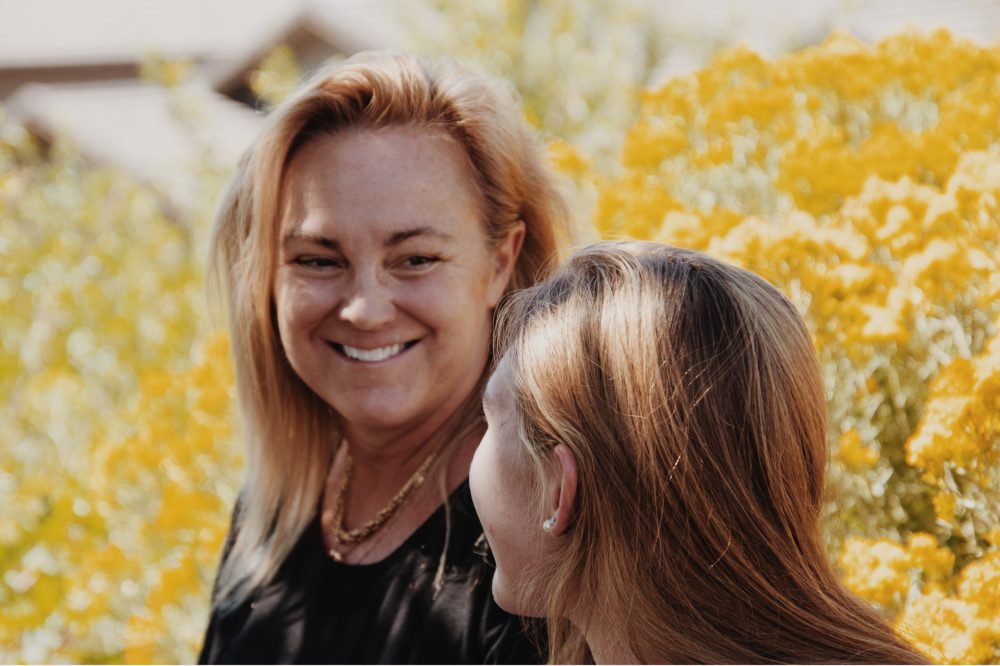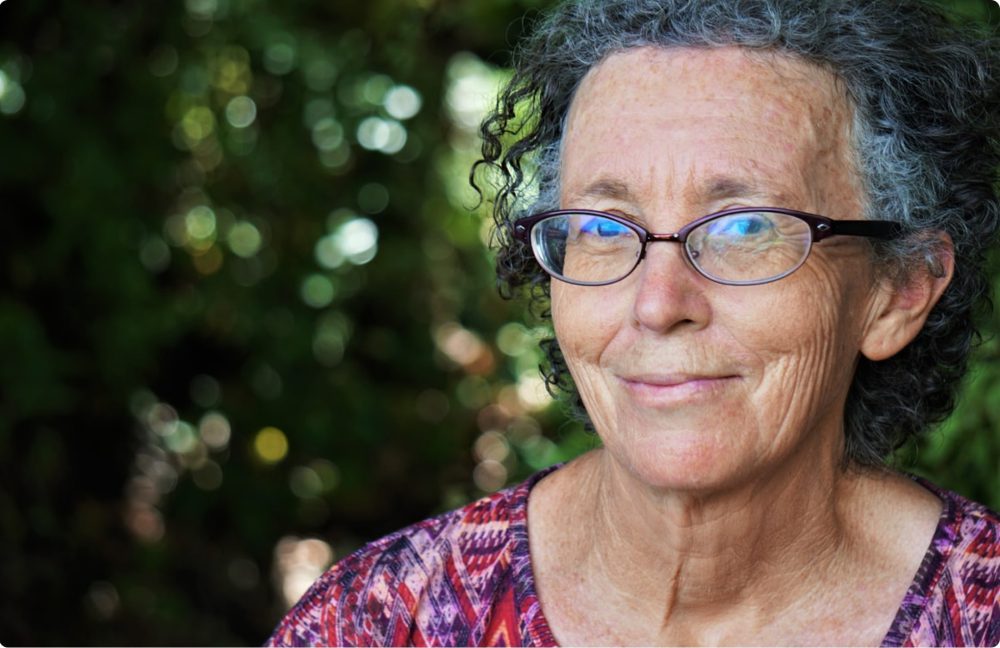
Information and advice for older women at risk of homelessness
Dec 19, 2023
It has been 117 years since women gained the right to vote in Queensland, 113 years since aged pensions were introduced in Australia, 49 years since the landmark equal pay decision, and 30 years of compulsory superannuation. Despite the considerable progress in women’s rights over the past century, an increasing number of older women find themselves facing homelessness, struggling to secure safe and affordable housing in their later years.
Between the 2012 and 2016 Census periods, the number of homeless women surged by over 30 per cent, nearly double the growth rate (14 per cent) for the total number of people experiencing homelessness.
A 2020 report by Housing for the Aged Action Group and Social Ventures Australia revealed there are a staggering 405,000 older women at risk of homelessness in Australia at any given time, including 165,000 women aged between 45 to 55 years, and 240,000 women aged 55 years and over.
These figures only scratch the surface of the problem. Many women in short-term or unaffordable housing aren’t officially classified as homeless, and those currently able to afford housing live with the constant fear that job loss could leave them unable to pay rent.
While the rate of homelessness for older women remains lower than that of some other demographic groups, the rapid growth in their numbers is a concerning and relatively new phenomenon. As our society ages, these statistics are set to increase.
Why are more older women facing homelessness?
There are several factors that contribute to the surge in homelessness among older women. Some of the most significant factors include:
Longer life expectancy and single living
The increasing life expectancy of women, coupled with a higher likelihood of being single in their later years, is in itself a unique challenge. This extended lifespan often translates to a longer period of financial responsibility without the support of a partner, contributing to economic vulnerability.
Income disparities and career interruptions
Earning disparities and extended periods out of the workforce, particularly as unpaid caregivers for children, partners, and parents, disproportionately affect women. These career interruptions hinder the accumulation of financial resources, including superannuation, leaving them more susceptible to economic instability in their later years.
Declining home ownership rates and increased mortgage burden
The decline in home ownership rates since the early 1980s, coupled with a growing number of individuals retiring with outstanding mortgages, places additional strain on older women. The challenge of meeting mortgage payments in retirement further increases the risk of homelessness, as financial resources become stretched.
Social housing challenges
Australia has witnessed a gradual decline in social housing availability, even as demand continues to rise. This imbalance exacerbates the housing crisis for older women, limiting affordable options and increasing the risk of homelessness.
Impact of unemployment in the 50s
Unemployment, especially for women in their 50s, has a profound impact on financial stability. Job loss during this period erodes savings and confidence, making it challenging for older women to secure and maintain housing.
Addressing the growing crisis of homelessness among older women calls for a comprehensive approach that recognises the intricate interplay of these factors. By acknowledging and understanding these complexities, policymakers, advocates, and communities can work towards implementing targeted solutions to ensure the well-being and security of older women in our society.
Housing support for older women
A safe and stable home is an essential foundation for older women. Luckily, there are some fantastic resources available.
Housing Older Women’s Support Services (HOWSS)
HOWSS, a specialised housing and support hub for older women funded by the Department of Housing, offers a Brisbane-based Hub and a Queensland-wide online navigation and support service for all older women facing housing distress or homelessness. Services include:
- Assistance in finding housing and support
- Information and connections to other human service support agencies
- Engagement and education sessions for older women
- Volunteer peer support from individuals with lived experience
- Outreach services and state-wide collaborative regional responses
- Face-to-face contact with skilled staff
- Telephone and online advice and advocacy
Emphasising the value of lived experience, HOWSS ensures a safe, respectful, and understanding environment through peer staff and volunteers.
Footprints Community, a respected not-for-profit provider of community-based services for over 30 years, specialises in working with older people, including those at risk of homelessness. Guided by principles of independence, strength, and choice, Footprints Community collaborates with individuals at their own pace to empower and support them in reaching their goals.
The Handy Guide for Older Women
The Handy Guide for Homeless Women, formerly managed by The Lady Musgrave Trust, is a practical resource aiding women experiencing homelessness or at risk of homelessness. This guide includes emergency numbers and information on accommodation, health services, food, welfare, legal assistance, employment, and more.
In 2023, The Lady Musgrave Trust transferred stewardship of the Guide to Footprints Community, ensuring continuity in providing important services and information. Accessible on Footprints Community’s Housing Older Women website, the guide equips older women with the necessary tools to navigate housing challenges effectively.



